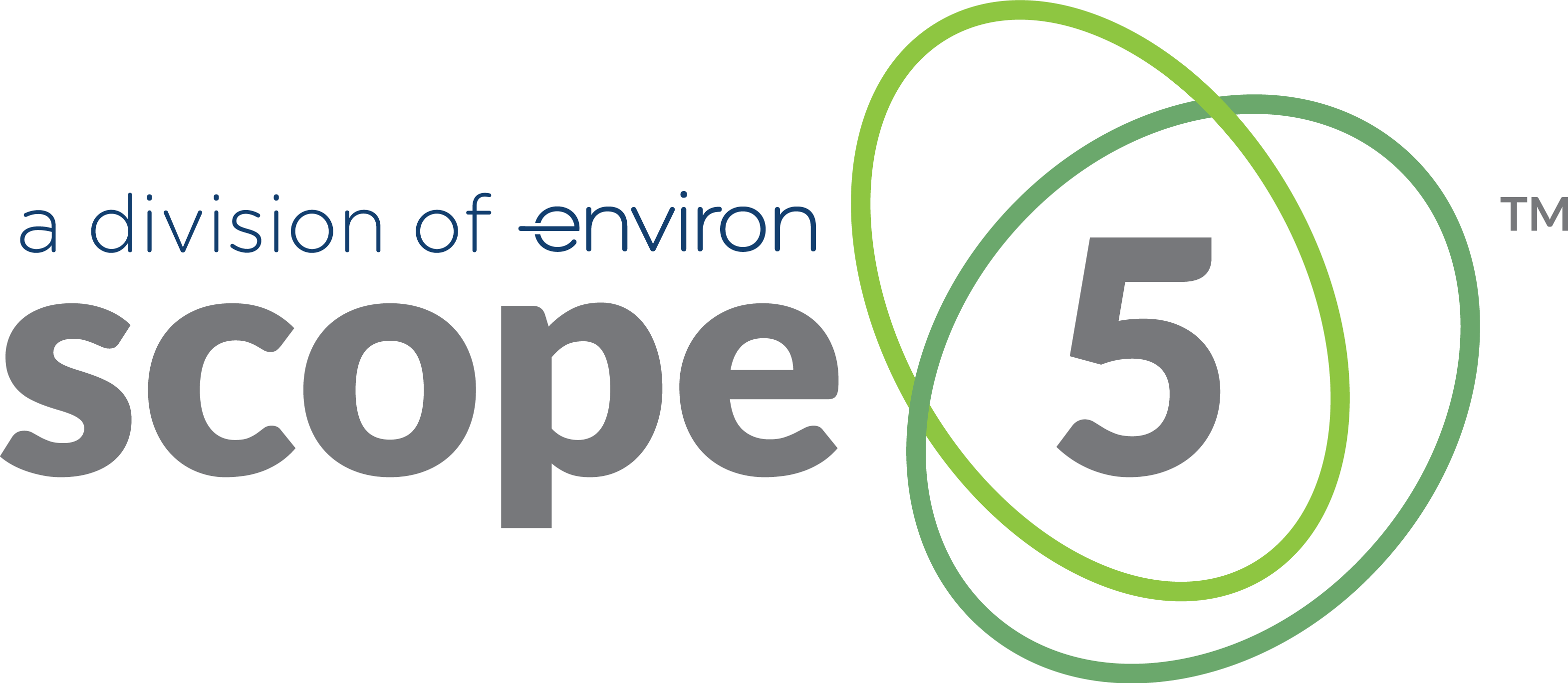When comparing sustainability management with sustainability reporting, I find myself asking the question: ‘What comes first – reporting or management?’ In my experience leading Scope 5 through early customer deployments, I’ve seen this play out in a number of ways. I can now confidently say that the answer to the question is ‘yes’.
What I mean by this is that the effort is incremental, that a healthy progression takes baby steps of management, interspersed with baby steps of reporting. Most companies are already doing baby steps of both.
Is there any individual at your company who has ever looked at a utility bill or a waste hauling contract and thought to themselves – ‘Wow – we can do better or ‘We should be able to save some money or ‘really – I bought that much paper last month?’.
If so, then that individual is likely engaging in some early steps of sustainability management.
Did that individual tell you what they saw on that bill or invoice? Did that individual tell you what he or she is thinking?
If so – that individual is engaged in sustainability reporting.
With Scope 5 for example, and because it’s so accessible, curious individuals at a company tend to gravitate towards it and explore. This is somewhat different from ‘old school’ complex software packages that are accessible only to a few trained specialists. But this kind of ‘bottom-up’ discovery, followed often by bottom-up action, is typical of sustainability efforts. Big efforts grow from individuals’ concerns and small efforts. Big sustainability programs grow out of baby steps – steps that iterate between discovery, reporting, and management.
The essence of reporting is that it forces investigation, it forces the right questions to be asked.
These questions and the answers that they yield, expand curiosity and lead to discovery. Discovery leads to ideas and ideas lead to better management. With more active management, leaders will want to share what they’ve done, which leads to reporting.
So, is it reporting or management that comes first? It doesn’t matter. As sustainability efforts transition through this virtuous cycle, more and more individuals get swept up in it and are able to make more and more of a difference.
